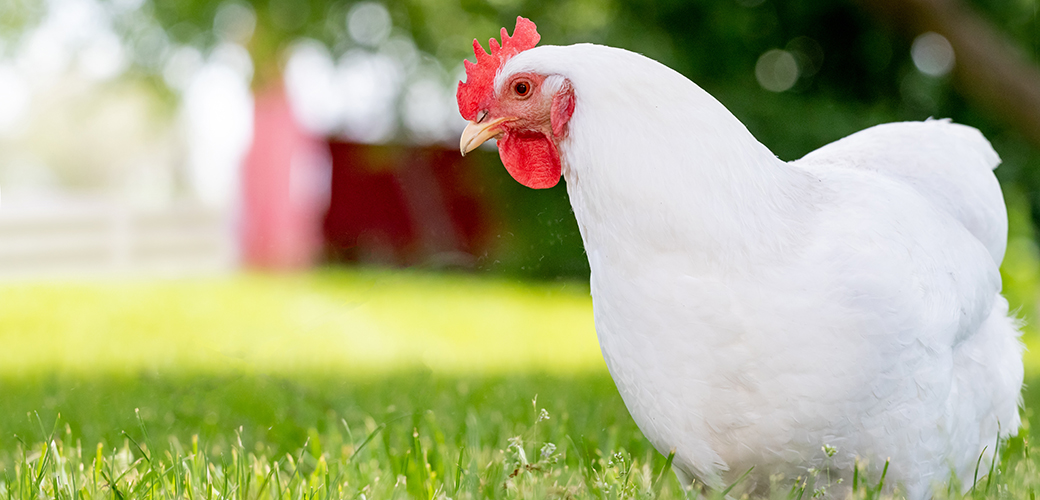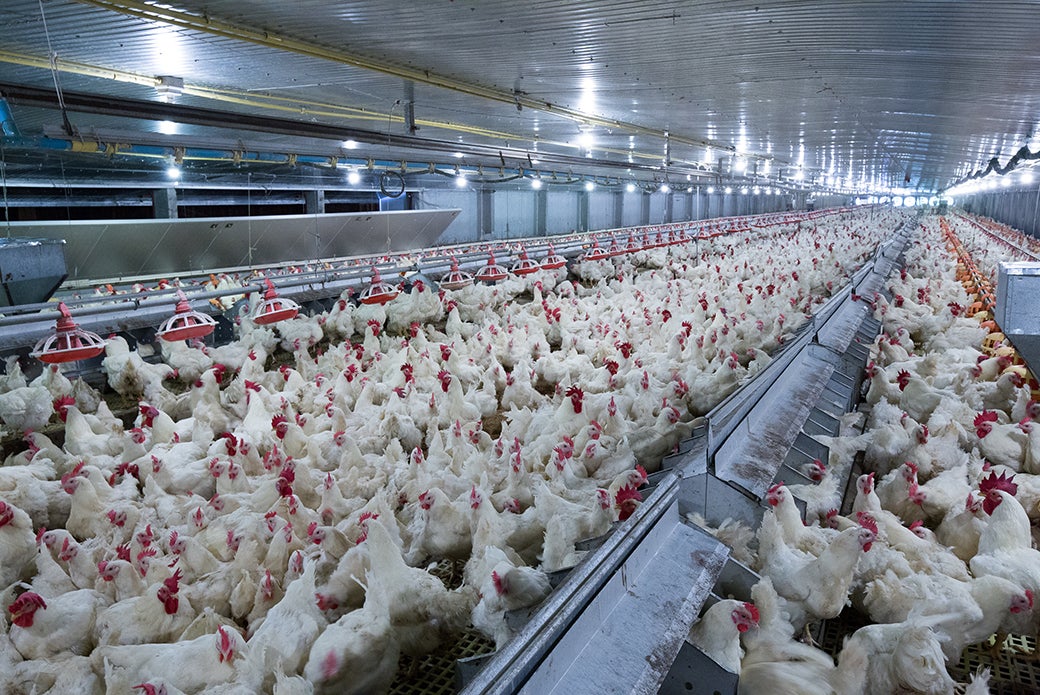Continuing the Fight to Improve Animal Welfare in the USDA Organic Program



Most people assume that products labeled “USDA Organic” come from farm animals who spend time outdoors, rooting and pecking in the grass. Though some organic farmers provide animals with meaningful outdoor access, a handful of large “fauxganic” companies are taking advantage of the vague animal welfare standards currently required by the National Organic Program to certify animals living in factory farm-like conditions.
Some of the most shocking conditions occur in industrial-scale poultry and egg farms that provide egg-laying hens, chickens and turkeys with access to screened-in, concrete “porches,” calling that the “outdoors.”


In 2017, the U.S. Department of Agriculture (USDA) finalized the long-awaited and widely celebrated Organic Livestock and Poultry Practices (OLPP) rule. The OLPP rule would have better defined animal outdoor access, prohibited the use of these euphemistically labelled “porches” and put more detailed standards in place for animal care and housing, such as indoor space allowances, environmental enrichments and pain control, as well as more humane requirements for transport and slaughter.
Despite overwhelming support for the OLPP rule from consumers, advocates, farmers and the vast majority of the organic community, the USDA officially withdrew the OLPP rule in early 2018.
After years of advocacy, and more than three years since hard-fought improvements to the National Organic Program were rolled back, we are continuing the fight in court to protect farm animals. Today, the ASPCA filed a “friend of the court” brief [PDF] supporting a lawsuit filed by Center for Food Safety and other plaintiff organizations against the USDA for its improper withdrawal of the OLPP rule.
The lawsuit challenges the withdrawal of the OLPP rule on the grounds that it violates the Organic Foods Production Act as well as the Administrative Procedure Act. In the filing, we argue that if the OLPP rule is not implemented, the USDA would be abandoning its responsibility for creating meaningful organic standards that would improve welfare for animals and meet consumer expectations.
Though we are encouraged by Secretary of Agriculture Tom Vilsack’s recent announcement indicating the USDA’s intention to reconsider animal welfare standards that were the subject of the OLPP rule, we will continue to support all efforts to reinstate meaningful animal welfare standards for animals raised under the organic program.
To stay up to date on our efforts and ensure you can take action in the future when farm animals need you, please join our Advocacy Brigade.
Source: Read Full Article